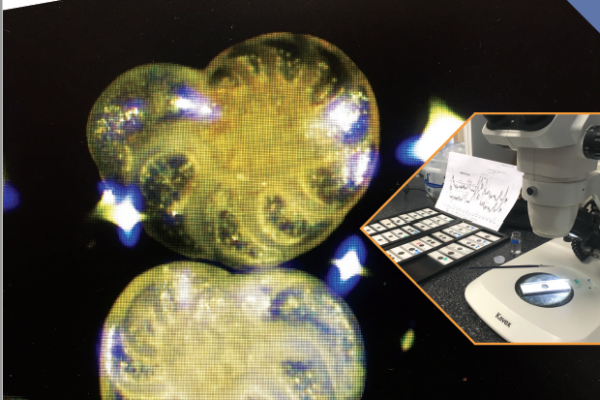Category: News

Annual Review 2023
Read More
Project Title: Selecting hit chemical scaffold from library of novel sphingosine-1-phosphate-5 (S1P5) compounds
Neurons are cells within the brain that efficiently transmit information to different cells in the body and myelin is the insulating layer wrapped around the neurons that allows for rapid speed of communication between cells. Myelin is produced by a type of brain cells called oligodendrocytes. My research aims to develop new diagnostic tools to measure oligodendrocyte function inside the human brain during the course of life or during disease, which will help clinicians with the diagnosis of devastating diseases affecting nerves and movement, and researchers with the development of new treatments. The development of sensitive and specific tools for early disease diagnosis and for monitoring treatment effectiveness is critical to a number of human neurodegenerative diseases. This research will help, for example, patients with Multiple Sclerosis (MS) that is a progressively incapacitating disease, characterized by the presence of multiple lesions of myelin-rich areas of the brain.
With the support from the Carnegie Trust (Incentive Grant), we were able to identify a key molecule that is currently undergoing development as a diagnostic tool to measure oligodendrocyte function inside the human brain. The results from the original Carnegie Trust award allowed us to secure more funding for a Chief Scientist Office (CSO-SPRINT) PhD studentship to develop the diagnostic tool and to establish a collaboration between the University of Edinburgh and the University of Virginia, USA to test the new diagnostic tool.

Awarded: Research Incentive Grant
Field: Molecular Medicine
University: University of Edinburgh